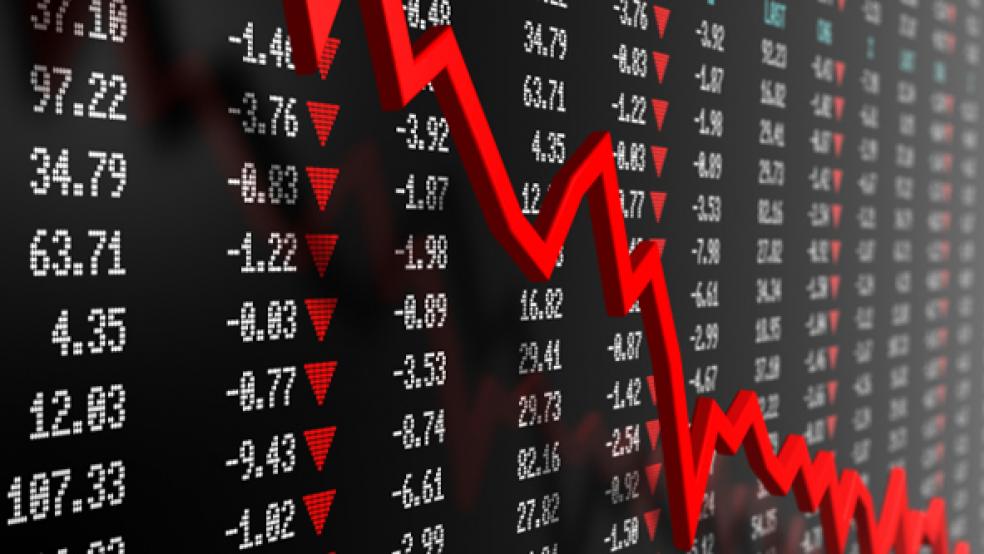The new year has rung in with a bang -- and not a good one.
On Monday, the S&P 500 and Nasdaq stock indexes recorded their worst starts to a new year since 2001. By Wednesday, global stocks had lost $2.5 trillion in value. And on Thursday, billionaire George Soros said what’s happening to the global stock markets echoes the 2008 worldwide financial crisis.
Is it time to get worried?
No, say most financial advisers. Just sit tight.
“I am still amazed that when the stock market goes down, there becomes panic,” says Lawrence Heller, of Larry Heller & Associates, an investment advisory firm in Melville, N.Y. “The stock market does go down. It is normal. We haven’t even reached a 10-percent loss that would indicate a correction.”
Related: Is China or the Middle East a Bigger Threat to Stocks?
In fact, 5- to 10-percent declines in stocks occur frequently on an annual basis and the S&P 500 averages a 20-percent drop roughly every three and a half years, says Peter Lazaroff, director of investment research at Plancorp in St. Louis. Massive declines of 30- to 50-percent are rarer, but “they do happen,” he says.
“We believe in building a portfolio that accepts these declines, but doesn’t try to predict when they will start and end,” he says. Lazaroff also noted that while TV outlets and website headlines are focusing on stock losses, the flip side is that bonds are getting a boost as more investors pour money into these safer assets.
“It’s likely your portfolio also holds bonds,” he says. Bonds smooth out the volatility and preserve cash, while the riskier stocks provide greater returns over the long run.
The most vulnerable investors during these unsettled times are those who need money that’s in the stock market now, such as cash-strapped retirees, says Frank Boucher of Boucher Financial Planning Services in Reston, Va. For longer-term investors actively saving for retirement, “it’s a happy day,” Boucher says, “you are buying assets at depressed prices.”
Stick to your asset allocation strategy, Boucher says, and don’t rebalance until the market calms down.





